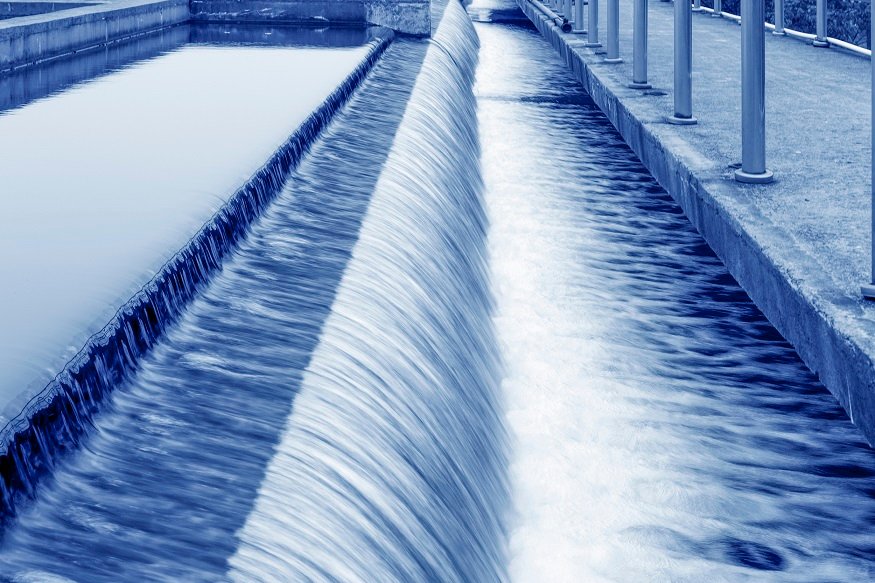Singapore’s Public Utilities (Amendment) Bill was passed by Parliament on August 3, 2023. This bill partially revises the “Public Utilities Act 2001” and legislates the policy announced by the Public Utilities Board (PUB) in March 2023 to require recycling of wastewater from new factories from January 1, 2024 onwards for the wafer manufacturing, electronics, and biomedical industries. In addition, existing provisions have been revised and new provisions have been added to introduce a drainage tax and a water conservation tax for large-scale private water utilities.
The original text of the Bill can be viewed at the following URL:
https://www.parliament.gov.sg/docs/default-source/default-document-library/public-utilities-(amendment)-bill-23-2023.pdf
The main contents of the Bill are as follows:
Water efficiency requirements for new facilities (Article 40)
The Bill newly stipulates the obligation to recycle wastewater from new factories.
The following new facilities (*) are subject to water efficiency requirements.
- Belonging to a particular industry and being constructed/constructed for the purpose of carrying out business activities using water; and
- Annual water consumption will be above a predetermined threshold due to its operation
Specific target facilities are expected to be stipulated by separate subordinate laws and regulations. However, according to the PUB’s announcement, new facilities (*) with an annual water consumption of 60,000 m3 or more for wafer manufacturing, electronics, and biomedicine are targeted.
(*) Buildings or structures that apply for planning permission and approval of construction plans after January 1, 2024, including the expansion of existing facilities.
The following requirements are imposed on the target facilities:
- Those proposing the construction of a new facility must obtain PUB’s approval for the projected water balance of the new facility prior to the commencement of construction work.
- The occupier of the new facility must ensure that the applicable water efficiency requirements (including recycling of wastewater) are met in the operation of the new facility.
Specific water efficiency requirements are also expected to be stipulated by separate sub-legislation. However, according to the PUB’s announcement on March 2, 2023, the recycling requirements for wastewater are expected to be as follows:
| Target facilities | Recycling requirements for wastewater |
|---|---|
| Wafer manufacturing | Recycling rate 50% or more |
| Electronic, biomedical | Recycling of specified wastewater |
Drainage tax (Article 20)/Water conservation tax (Article 20A)
As a result of this amendment, Article 20 has been amended and Article 20A has been newly added to introduce a drainage tax (WBT: Waterborne Tax) and a Water Conservation Tax (WCT) for large Private Water Suppliers (PWS).
According to Pub, there has been an increase in the number of PWSs in Singapore in recent years, consisting of rainwater harvesters and desalination plants. PUB must develop and maintain sufficient supply capacity in case of supply interruption by a PWS, and must develop and maintain sufficient capacity to treat wastewater by PWSs and their users.
By introducing WBT and WCT on large-scale PWSs, the treatment of water supply from private operators will be consistent with the current charging principles for water supply by PUB, and the principles of water conservation and contribution to the country’s drainage system will be applied consistently to almost all water users.
The application of WBT and WCT to large-scale PWS will start from 2025. As a transition period, 50% of the normal tax rate will be applied in 2025, but 100% of the normal tax rate will be applied from 2026.
The announcement of the Singapore Public Utilities Board (PUB) on the revision of the Public Utilities Bill can be viewed at the following URL:
- Press release dated August 3, 2023
https://www.pub.gov.sg/news/pressreleases/2022PR35 - Press release dated March 2, 2023 https://www.pub.gov.sg/news/pressreleases/2022PR21
 Singapore passes bill to make recycling of wastewater mandatory for new factories from 2024
Singapore passes bill to make recycling of wastewater mandatory for new factories from 2024 

























